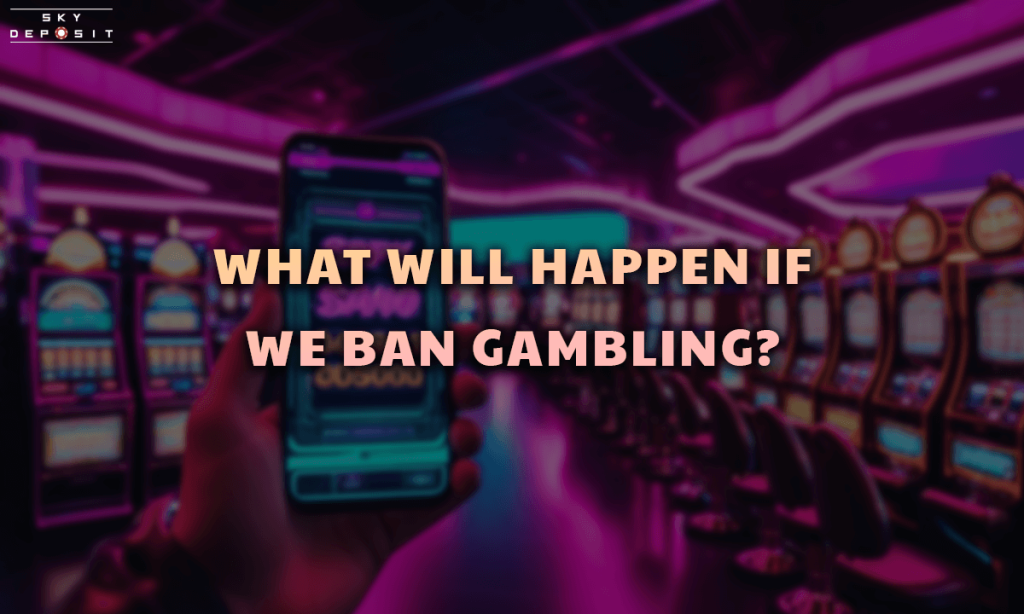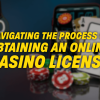
List of Best NZ Online Casinos
🔝Top-Rank 🔏 Trusted & Licensed ⚡️ Fast Payouts 🇳🇿 High Payouts
Last updated: 1 April 2025
The debate surrounding the prohibition of gambling has been a topic of discussion in many jurisdictions. While proponents argue that banning gambling can address social problems associated with the activity, opponents raise concerns about the potential consequences of such a ban. In this article, we delve into the potential effects of banning gambling. By examining the economic, social, and legal implications, we aim to provide insights into the complexities of this issue and explore potential alternative approaches for managing gambling-related concerns in society.
Economic Impact:
Banning gambling can have significant economic consequences. The kiwis gambling industry generates substantial revenue, which contributes to employment, tourism, and tax revenue. A ban would result in the loss of jobs and revenue for both the industry and the government. Moreover, the underground or illegal gambling market may thrive in the absence of regulated options, leading to further economic challenges.
Social Consequences:
While the intention behind banning gambling may be to address social issues, it is important to consider the potential unintended consequences. Prohibition can drive gambling activities underground, making it difficult to regulate and potentially exacerbating the social problems associated with illegal gambling. Additionally, some individuals may turn to other forms of addictive behavior, such as substance abuse or risky financial investments, as a substitute for gambling.
Legal Challenges and Criminal Activity:
Implementing a ban on gambling can present legal challenges. It may require significant resources to enforce and monitor compliance, diverting law enforcement efforts from other pressing issues. Moreover, prohibition can create a lucrative black market for gambling, leading to an increase in organized crime, corruption, and illegal gambling operations. This can further strain law enforcement resources and potentially create new public safety risks.
Public Demand and Individual Choice:
Banning gambling raises questions about individual freedoms and personal choice. Some argue that individuals should have the right to engage in recreational activities of their choice, as long as it does not harm others. A complete ban on gambling may be viewed as an infringement on personal liberties and individual autonomy.
Alternative Approaches and Harm Reduction:
Rather than an outright ban, some jurisdictions adopt alternative approaches to manage gambling-related concerns. These approaches include regulation, responsible gambling programs, public awareness campaigns, and treatment options for individuals with gambling addiction. By focusing on harm reduction strategies, societies can strike a balance that allows for responsible enjoyment of gambling while addressing the potential negative consequences.
Conclusion About What will happen if we ban gambling:
Banning gambling is a complex issue that requires careful consideration of its potential consequences. While a ban may be intended to address social problems, it can have wide-ranging economic, social, and legal implications. Prohibition can lead to underground gambling, increased criminal activity, and challenges in law enforcement. Alternative approaches, such as regulation and harm reduction strategies, offer potential avenues for managing gambling-related concerns while allowing for responsible enjoyment and individual choice. Striking a balance between addressing societal concerns and respecting personal freedoms is crucial when considering the potential outcomes of banning gambling.
















[…] based on Sharia law. The government actively enforces restrictions on online gambling, including blocking access to gambling websites and imposing penalties on offenders. It is important for individuals in Brunei to be aware of and […]